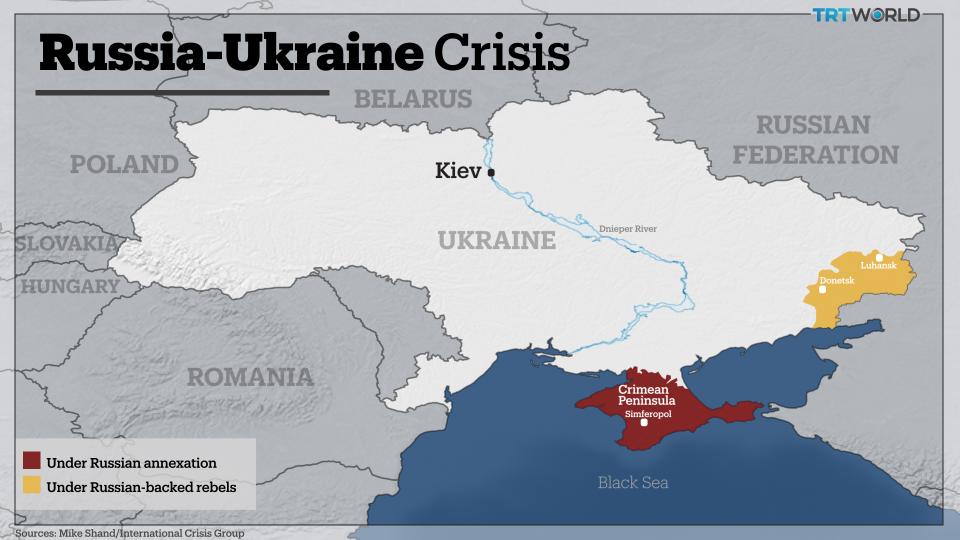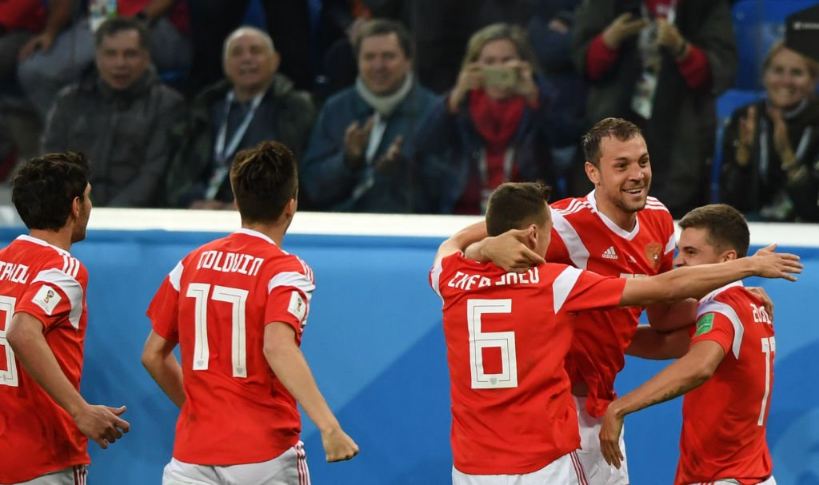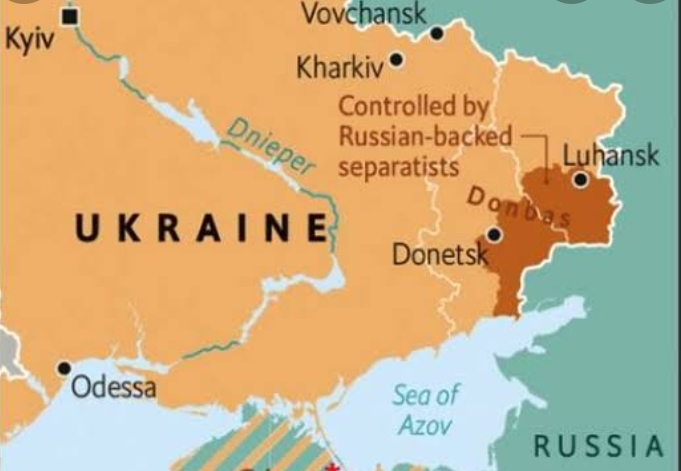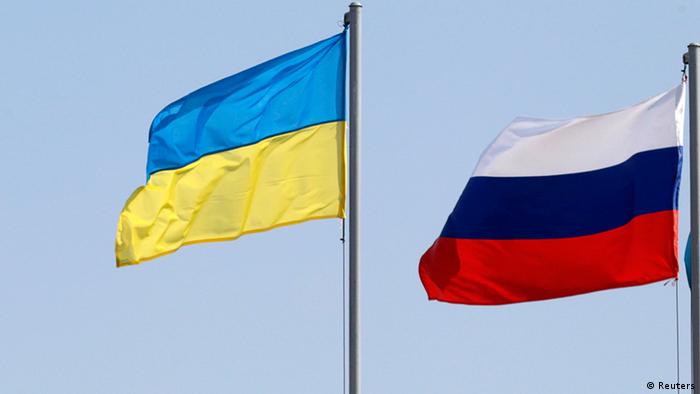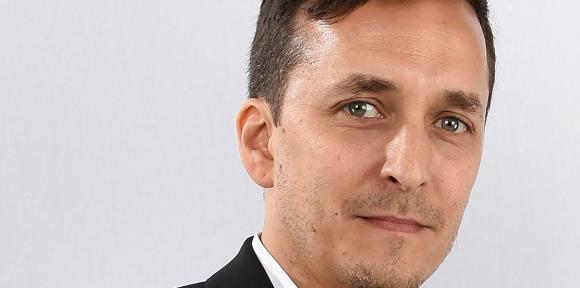By John Araka
In the past three weeks, Russia has been pummeling Ukraine in a war generally classified as the most devastating since the Second World War, which ended in 1945. That the former has been having an upper hand in the conflict is quite understandable. Russian military budget, weaponry and personnel are more than 10 times that of the latter. Come to think of it, Russia is the second most powerful nation in the universe and a notable superpower. It is really a conflagration between vastly unequal in all ramifications.
President Vladimir Putin ordered the massive invasion to contain the provocative expansion of NATO to its backyard. It rightly viewed the intention of Ukraine, its immediate neighbour, to join NATO, as extremely dangerous to its national security. It, therefore, decided to take a preemptive action: ” to neutralize Ukraine before it becomes a launchpad for a NATO attack on Russia.”
The United States, which is the leader of NATO, and Russia have been arch enemies from time immemorial. It was, therefore, unconscionable for President Zelensky of Ukraine, a Jew, to contemplate joining NATO without seriously considering the security sensitivity of Its powerful neighbour. Is it because he has a lot of investments in the United States?
The United States should have learnt lessons from what happened in 1962 when Russia installed nuclear missiles in Cuba, 90 kilometres away from its borders. President John F. Kennedy said that was totally unacceptable and threatened to go to war. In fact, the two superpowers were at the brink of a nuclear shootout. The Soviet leader, Nikita Khrushchev, only agreed to dismantle the missiles in exchange for the US to do the same in Turkey, which was 3,261 miles from Russia. How does NATO then think that same Russia will indefinitely tolerate its aggressive expansion to former countries of the defunct Soviet Union, many of them, just a few kilometres from its borders?
Although NATO and it allies have slammed massive economic sanctions against Russia as well as assisted Ukraine with sophisticated weapons and finance, the humongous firepower of the invaders is still overwhelmingly superior. Ukraine is suffering very heavy casualties while NATO forces look on from across its borders. They cannot afford to confront Russia frontally because that could lead to a Third World War with dire catastrophic consequences.
The Western nations, which are the pillars of support for Ukraine, are, however, deploying their sophisticated worldwide mass media networks to inflict devastating blows on Russia’s international image, through the conscientization of the global audience. Is it not said that perception is everything?
The US and Western Europe own nine out of the ten most-watched television networks in the world. They are the CNN, ABC, BBC, SKY NEWS, FOX NEWS, CBS, GLOBO NETWORK and EURO NEWS. The only one outside their jurisdiction, but shares the same worldview, is Al Jazeera.
Since the war started, billions of people all over the world, are glued to their televisions 24/7, watching the news from the battlefields. All that they see and hear are from these powerful and influential Western channels which are obviously sympathetic to Ukraine. The Russian side of the story is at best scantily reported, to give a semblance of balance. But undoubtedly skewed to fit the prism of NATO and its allies.
Harry Truman, the 33rd President of the United States, played a key role in the establishment of NATO in 1949. He did this, according to him, ” to contain the expansion of communism.” When asked to choose between a powerful media and a powerful army, he opted for the former. That was somehow in consonance with the aphorism popularized by a novelist/ playwright, Edward Bulwer- Lytton in 1839 that the ” pen is mightier than the sword”. Later on, journalists started interpreting it to mean that the mass media is more powerful than guns.
The mass media is not referred to as the fourth estate of the realm for fun. It is all because of its enormous capacity to influence people’s actions and thought processes. It is reputed for setting agenda for society and affect attitude change.
Today, the Western media has effectively won the war for Ukraine in the hearts and minds of the global audience. Russia One, which is the largest television network in that country cannot even effectively cover the old Soviet Union let alone the whole wide world. It is mostly watched in only three out of the 15 countries that sprang out of the defunct Soviet Union. They are Armenia, Belarus and Moldova. Even then, its credibility rating is as low as 36 per cent.
It is no wonder, therefore, that in spite of Russian seemingly assured victory in the theatres of war, it is being roundly defeated and demonized globally in the court of public opinion, which is by far more lethal. The media, indeed, is trumping nuclear weapons in the ongoing devastating war.
Mr Araka is Chairman Editorial Board, The Trumpet Newspapers
